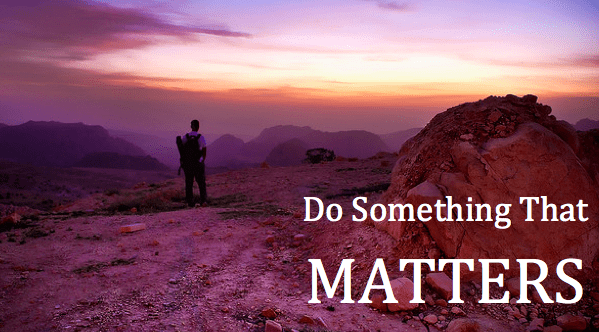
08 Aug Why Branding Matters (Right From the Beginning)
“Many a small thing has been made large by the right kind of advertising.” Mark Twain
What Mr. Twain doesn’t reveal is what ‘the right kind of advertising’ is. Fortunately this isn’t a problem if you prefer to focus on what works rather than what’s right. Let’s say that you’ve got a big idea. It’s a new product or service that will change the way people interact with their world.
Most people’s first impulse is to bring the idea to life…then figure out the rest. Ready, Fire, Aim! While the approach can get things going in short order, it can also short-circuit the opportunity to create a cohesive brand right from the get-go. What does branding have to do with you and your big idea? To understand why your brand should be a part of the product-development process, we should start with defining what exactly a brand is.
Some say your brand is what people say about your business or product (when you aren’t in the room).
Some say your brand is the emotional component of the product you offer.
Some say your brand is your logo (or tagline).
Some say it’s that intangible attitude that cannot be defined.
While all of those are true to some extent, we can simplify those facets down to a single core thought: Your idea is your business, your execution of that idea is your brand. That means everything that shapes the end user’s experience is what your brand will be. How your product looks, functions and feels. That’s why developing a cohesive brand is so important for new products or services.

A cohesive brand, and cohesive branded message ensures, that every element of your product is speaking the same language and reinforcing the same message. Why is that important? Because your brand is what delivers value—beyond the actual product or service you offer. Branding is a surefire way to make sure that your end-users are searching for your product by name, and not just the closest option.
Three Main Advantages of a Branded Company
A well-defined brand is one that consumers feel they know and understand. Once they feel like they know who you are, what your values are and what they can expect, they will start building trust and becoming brand advocates (think Apple fans). That trust translates to loyalty in the form of both repeat business as-well-as the ever-valuable word-of-mouth recommendation. And that loyalty and trust enables you to turn a small idea into something big.

